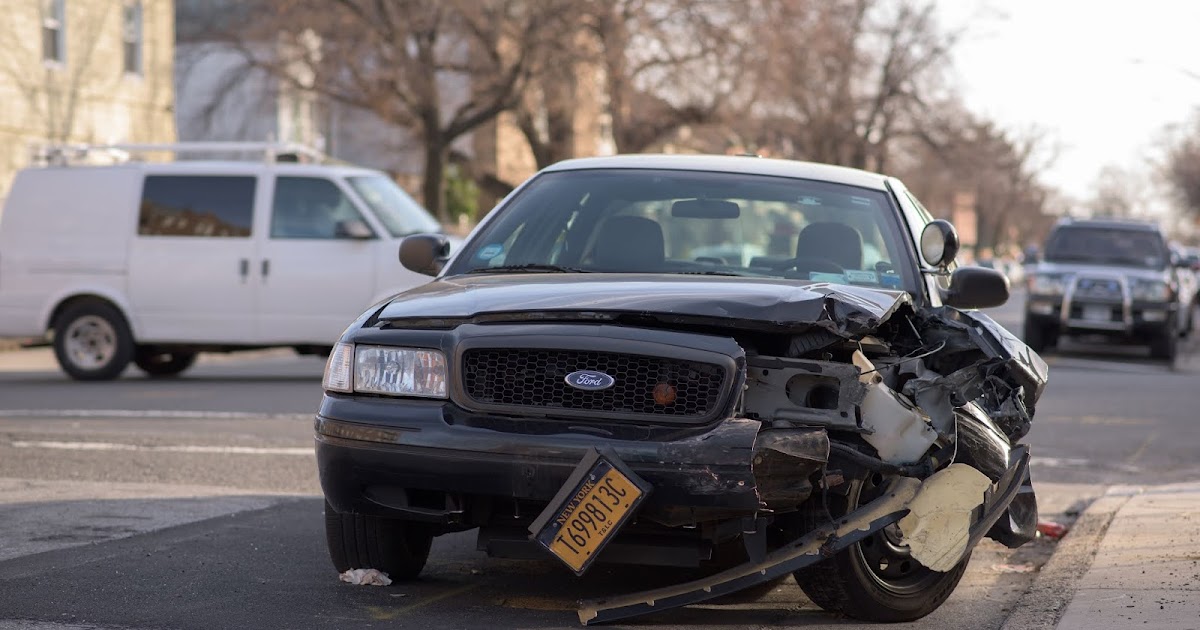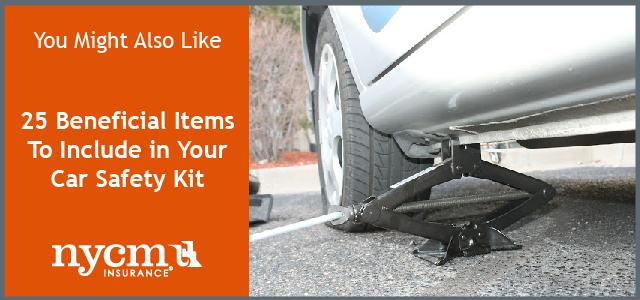What to Do If You're in a Car Accident: Step-by-Step Guide

Despite our best driving education, habits and
intentions, the fact of the matter is that car accidents happen, and that even
the most experienced driver can find the situation scary and confusing.
Here are the seven steps you should take if
you find yourself in an automobile accident:
Step 1:
Assess Yourself and Others for Injuries
If you are injured, call 9-1-1 or ask another
passenger to do so. After assessing yourself, if you are not injured, check on
your fellow passengers. Again, if anyone is injured, call 9-1-1 and await
medical personnel.
Step 2:
Stay Put
Never drive away from the scene of an
accident, even if it’s something as minor as bumping the vehicle next to you as
you’re backing out of a parking spot.
Step 3:
Assess the Situation for Safety
If you bump a vehicle leaving a parking space,
re-park your vehicle. If you experience an accident while driving and your car
is still functioning, pull off to the side of the road and turn on your hazard lights
or four way flashers. If your car is unable to be driven, get yourself to
safety by carefully exiting the vehicle and making your way to the side of the road or sidewalk. If you have a flashlight on
hand, use it to stay visible.
Step 4:
Call the Police
Even if the accident is minor, it’s always a
good idea to call the police following a car accident (and in some states it’s
a legal requirement). Responding officers will assess the situation, filling
out an accident report and documenting the scene while on-site. If your vehicle
was damaged during the accident, you may need a police report to file a claim with your auto insurer.
Step 5:
Touch Base with the Other Driver
Once you have established everyone’s safety
and made the appropriate calls, it’s time to exchange information with the
other driver. According to the Insurance Information Institute (III), these
are the five basic points of information drivers should exchange following an
auto accident:
Step 6:
Document the Accident
While the police officers will document the
scene, the III encourages drivers to also do so in order
to protect themselves. Take photographs of your vehicle from all angles and
gather the following information:
–
The name and badge number of all
responding officers
–
The names and addresses of all
parties involved, including everyone in the other vehicle
–
The name and contact information
of any witnesses (if they are willing)
Make sure that you also ask the police officers
where you can find a copy of the accident report once it is filed.
Step 7:
Start the Claims Process
If able, you may want to consider calling your
insurance
agent from the scene so that they can advise you on the exact
information you will need for your claim. They can also help you start the
claims process and explain what to expect if this is your first auto-related claim.
It’s common to feel anxious or frazzled
following an accident, but following this guide can help you take all of the
necessary steps towards ensuring everyone’s safety, following legal procedure and setting yourself up for a smooth claims
experience.
Another way to protect yourself on the road is
by always keeping a car safety kit in your vehicle. Click on the button below
to learn more about what items to include in your kit and start assembling:








